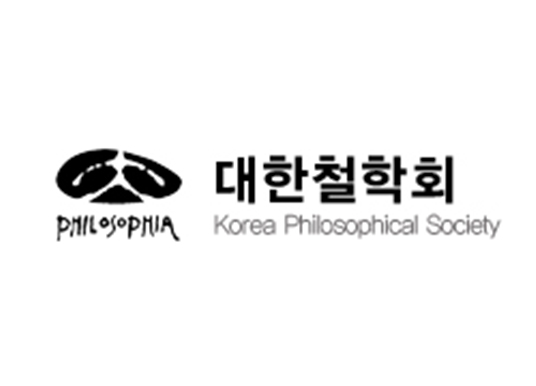함석헌의 자아론에서 국가주의 비판의 뜻
The Meaning of Critique of Statism in Ham Seok-Heon’s Theory of Ego
함석헌은 국가주의에 대한 열렬한 비판자였다. 그의 국가주의 비판의 (단지 실천적 의미가 아니라) 철학적 의미를 밝히는 것이 이 글의 목적이다. 국가주의를 바라보는 함석헌의 관점은 그의 철학적 자아관과 연관된다. 그에 따르면 자아는 개별적 자아와 우주 전체의 연관을 통해 존재하는데, 양자를 매개하는 것이 정치적 공동체인 국가이다. 그런데 국가를 유일한 전체로 간주하는 국가주의는 민중들을 분열시키고 자아와 우주 전체의 연관을 왜곡함으로써 온전한 자아 형성을 가로막는다. 그러므로 씨ᄋᆞᆯ, 곧 민중들이 전체성을 회복하고 온전한 자아를 형성하는 길은 이웃의 고통에 함께 참여하고 연대함으로써 국가주의에 맞서 싸우는 것이다.
Ham Seok-Heon was an ardent critic of statism. It is the purpose of this article to clarify the philosophical meaning (not just the practical meaning) of his critique of statism. Ham’s view of statism is related to his philosophical view of ego. According to him, the ego exists through the association of the individual self with the universe as a whole, and the mediator of both is the state, which is the political community. Statism, however, which regards the state as the only whole, divides the people and distorts the connection between the self and the universe as a whole, thus preventing the formation of a complete ego. Therefore, the way for the ssial, the people, to recover their wholeness and form a whole ego is to fight against statism by participating in the suffering of their neighbors and in solidarity.
대한철학회
전남대학교 박정민

